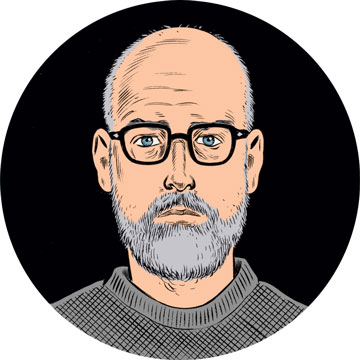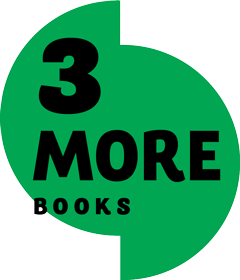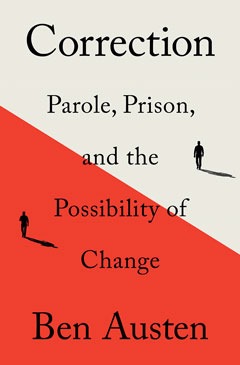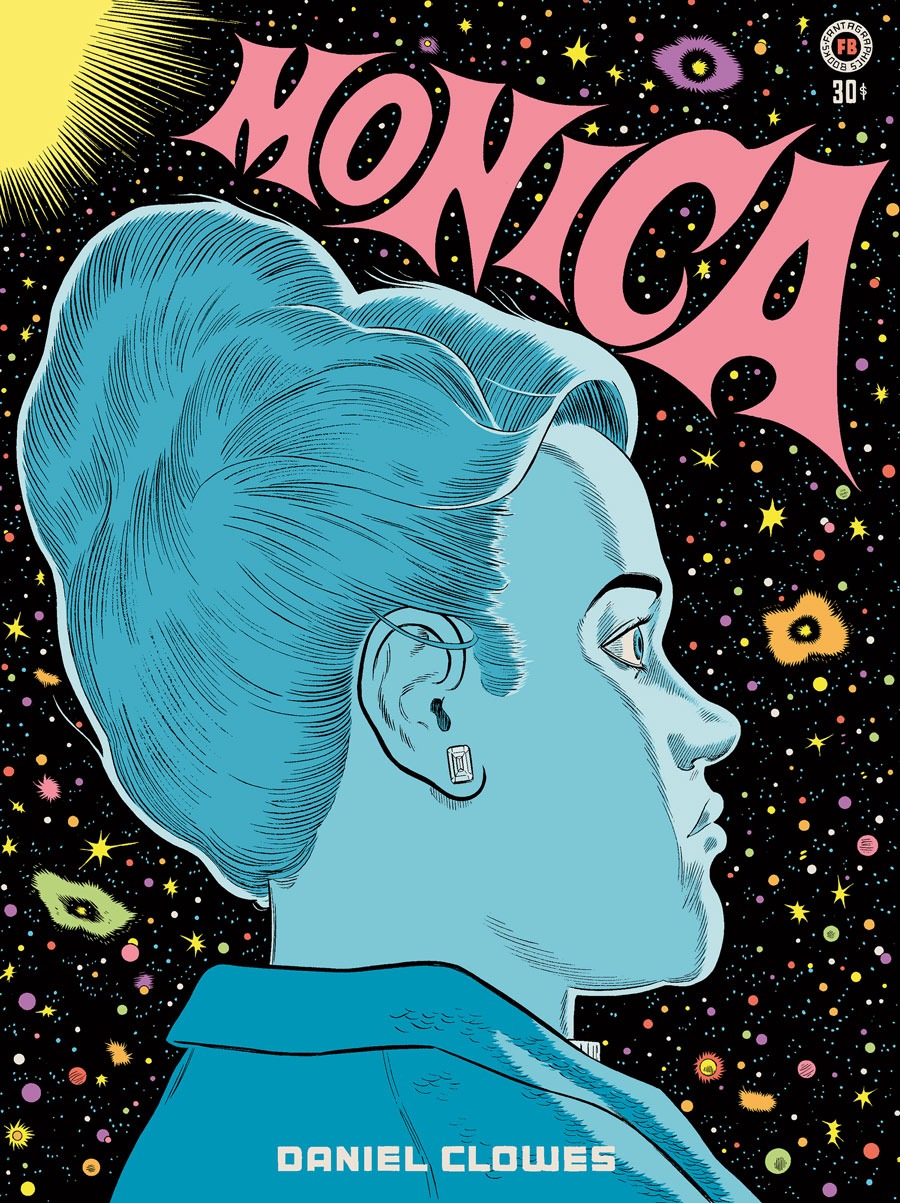Daniel Clowes thought he’d be writing his latest book, Monica (on sale October 3), during a Hillary Clinton presidency. But events took an unexpected turn during the 2016 election. “It really felt like America had entered one of my old comics,” says Clowes, a Hyde Park native who now lives in Oakland, California. “The hyperexaggeration I used to do, reality had surpassed it.” Then came the pandemic. The deaths of Clowes’s mother, brother, and several close friends. Over seven years, the indie comics icon channeled the intensity of his feelings into Monica, which took shape as nine interconnected stories.

Clowes engages with his past through Monica’s autobiographical story elements, particularly the titular character’s relationship with her mother, but also the book’s shifting aesthetics. Each story is told in a different retro comics style that shaped Clowes’s artistic identity — from war to romance, from horror to Mad-inspired humor. Clowes reveals the scope of his comic book mastery as he showcases each genre’s visual principles, applying them to emotionally complex narratives that wouldn’t have been possible with the extreme content restrictions imposed on comics in the past.


Correction: Parole, Prison, and the Possibility of Change
By Ben Austen
The longtime Chicago journalist and author of a 2018 book on Cabrini-Green that explored public housing is back with another deep dive, this time on parole. Following two men imprisoned for murder, Austen investigates the purpose and pitfalls of the American criminal justice system. Nov. 7
Hot Springs Drive
By Lindsay Hunter
This dark suburban novel takes as its jumping-off point an actual crime: a bloody murder with an unexpected perpetrator. Hunter, a graduate of the Art Institute’s MFA program and a Northwest Sider, weaves female friendship, desire, and hunger to portray not just spectacular violence but its pernicious effects. Nov. 7
The New Naturals
By Gabriel Bump
Bump’s first novel, 2020’s Everywhere You Don’t Belong, followed a Black kid in South Shore, where the author grew up. For his second, he’s moved to an abandoned restaurant in western Massachusetts as a young woman makes a go at building a Black utopia. Her underground society attracts a motley crew of adherents whose yearning for a better life is no guarantee of success. Nov. 14
— Charlotte Goddu





